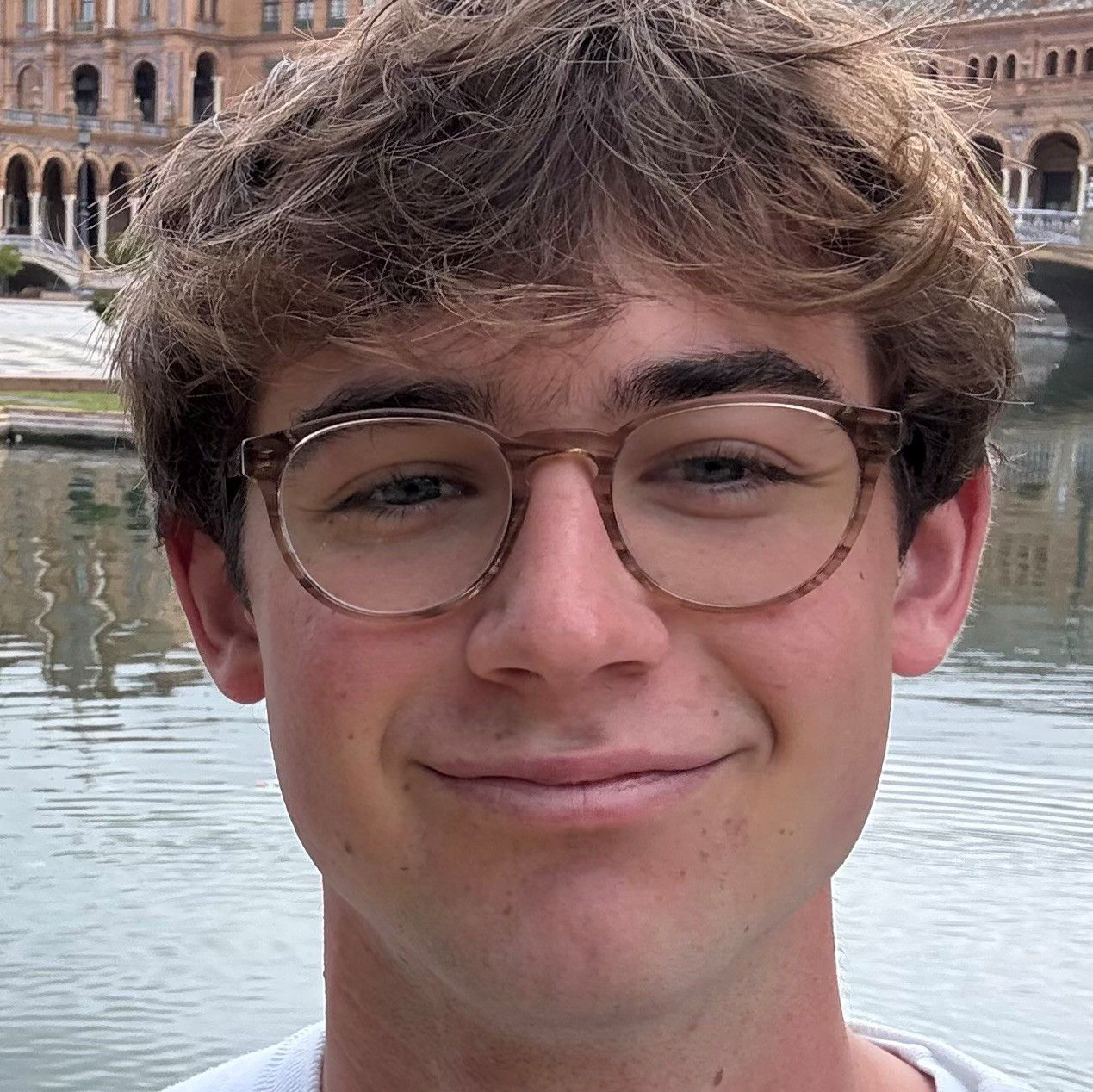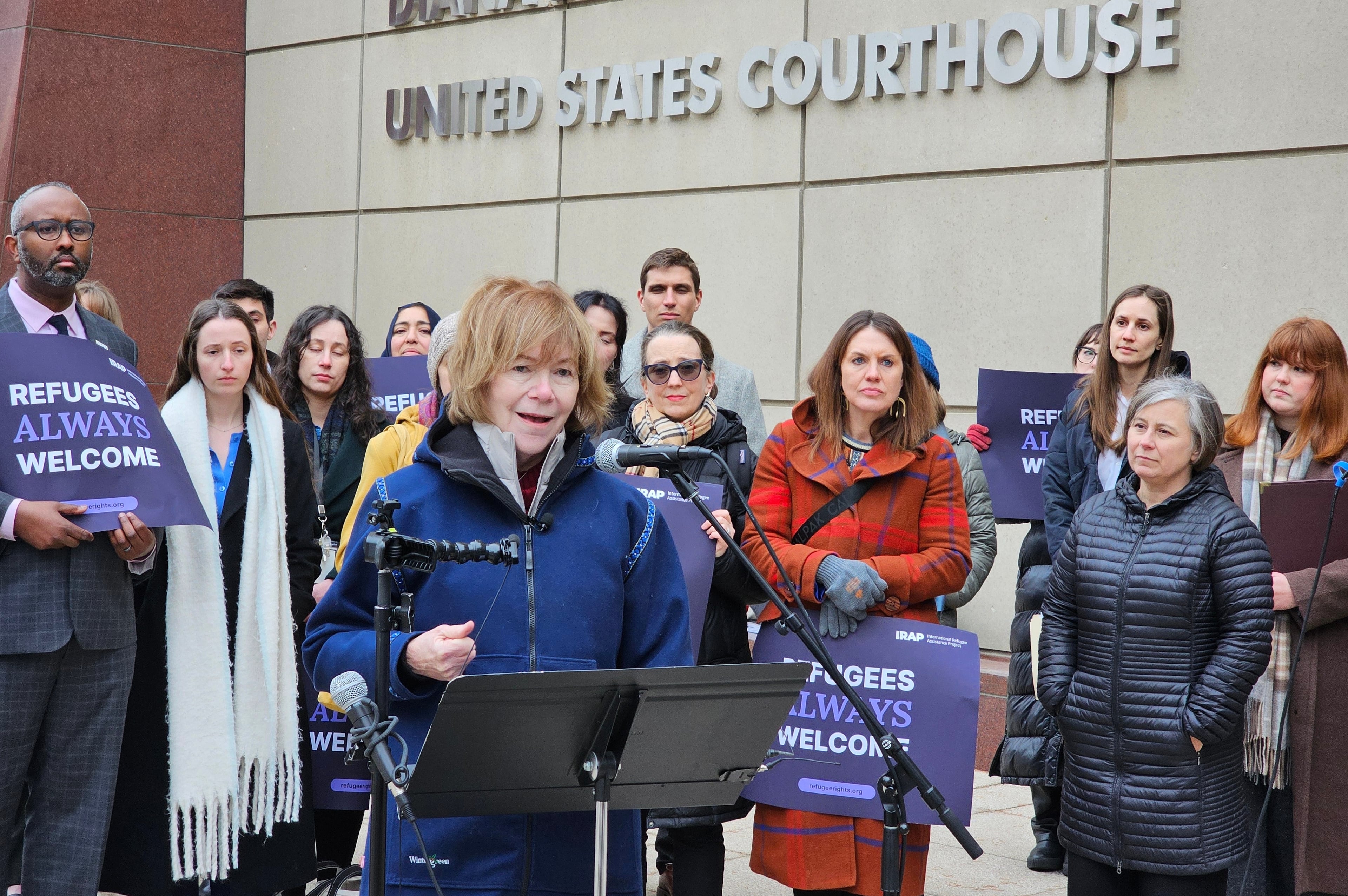Trump’s travel ban worries Somali refugees in Clarkston

The hopes of Somali refugees seeking a new home in Clarkston often land in the desk drawer of community activist Omar Shekhey.
Those dreams are in jeopardy. Somalia is one of 12 countries under President Donald Trump’s travel ban, which went into effect Monday.
Clarkston has welcomed more than 60,000 refugees since the 1980s. Nearly half the city’s current population is foreign-born. Alongside Somali families, “the Ellis Island of the South,” is also home to migrants from Eritrea, Sudan and the Republic of Congo — all countries now barred from entering the United States under the new travel restrictions.
Since 2010, Shekhey has led the Somali American Community Center, a Clarkston nonprofit located in the Campus Plaza alongside tenants such as Al-Muhajaba Clothing Store, Hamdi Restaurant and Family Food Mart. He estimates he helps 1,000 refugees annually navigate the resettlement process.

For Shekhey and others in the Somali community, the ban renewed a sense of vulnerability and isolation.
One of the people Shekhey is helping is a woman whose Somali husband is trying to immigrate from a refugee camp in Kenya.“She’s a U.S. citizen and applied for an immigrant visa for her husband. And she’s already been waiting four years now. So imagine that young girl who cannot reunite with her husband,”Shekhey said from his office in Clarkston.
Of the 837 immigrant visas issued to Somalis nationwide in 2023, 42% would be blocked under the new travel ban, said Michelle Mittelstadt, a spokesperson for the Migration Policy Institute, a left-leaning think tank.
U.S. Rep. Hank Johnson, who represents Georgia’s 4th District, called the policy “inhumane and quite frankly un-American” in a statement to The Atlanta Journal-Constitution.
“The greater Somali community is an important part of Georgia’s 4th District,” he said. “Using fear and intimidation in this way — and not just in the Somali community but our entire refugee and immigrant communities — is causing unnecessary panic and anxiety in already marginalized communities.”
Metro Atlanta is home to roughly 7,000 Somalis, according to Shekhey, many of whom fled the ongoing civil war that broke out in the early 1990s. Many Somali migrants settled in Clarkston, which for decades has been a haven for refugees coming to the U.S.
“We are the fabric of this country now, and we have dreams like every American,” said Shekhey, 66, who moved to Clarkston in 1985 and graduated from Georgia Tech. “So I hope the president — and we’re praying for him — changes his mind and understands that we can do things in a safe, orderly way and welcome people here, people who really need to be welcomed.”
A U.S. State Department official said the countries were selected “due to their inadequate vetting and security screening processes, information-sharing practices, exploitation of our visa system and failure to accept back removed nationals.”
David Bier, a research fellow for immigration studies at the Cato Institute, a libertarian think tank, said the travel ban was crafted to avoid legal scrutiny of whether it discriminates against migrants based on their religion.
“It’s bolstered a little bit with visa overstay rates for temporary travelers, but really this is saying that their governments don’t share enough information about their people,” he said. “And it really moves the whole issue away from whether the immigrants coming from these places have done anything harmful when they’ve been here.”
Shekhey recently had been working on a poem for a graduation ceremony honoring Somali high school students across metro Atlanta.
“I told my youth, ‘No, don’t worry,’” Shekhey said, referring to the travel ban. “That’s the message we’re sending when we do this graduation. I understand some of us have nightmares, some of us are traumatized. For every policy that affects us, the best way to do it is to be patient and not overreact,” he said.
Some Somali residents, fearful of increased immigration enforcement, spoke only on the condition of anonymity.
Many endured extensive background checks and spent over 10 years in refugee camps before arriving in Clarkston.
They are now uncertain of what the new restrictions mean for their family members trying to make the same journey.

The proposed reconciliation bill now under discussion in the U.S. Senate could add to the problems for Somali families and other immigrants. The legislation includes a provision that would impose a 3.5% tax on “remittances” — money migrants send back to relatives or others in their home country.
“That tax might cause reduced remittance sending from the U.S. and/or incentivize people to send money through informal channels,” said Mittelstadt.
Shekhey remains optimistic despite these challenges.
“Immigrants, somehow, have a magic thing,” he said. “We adapt fast. We’re resilient.”



